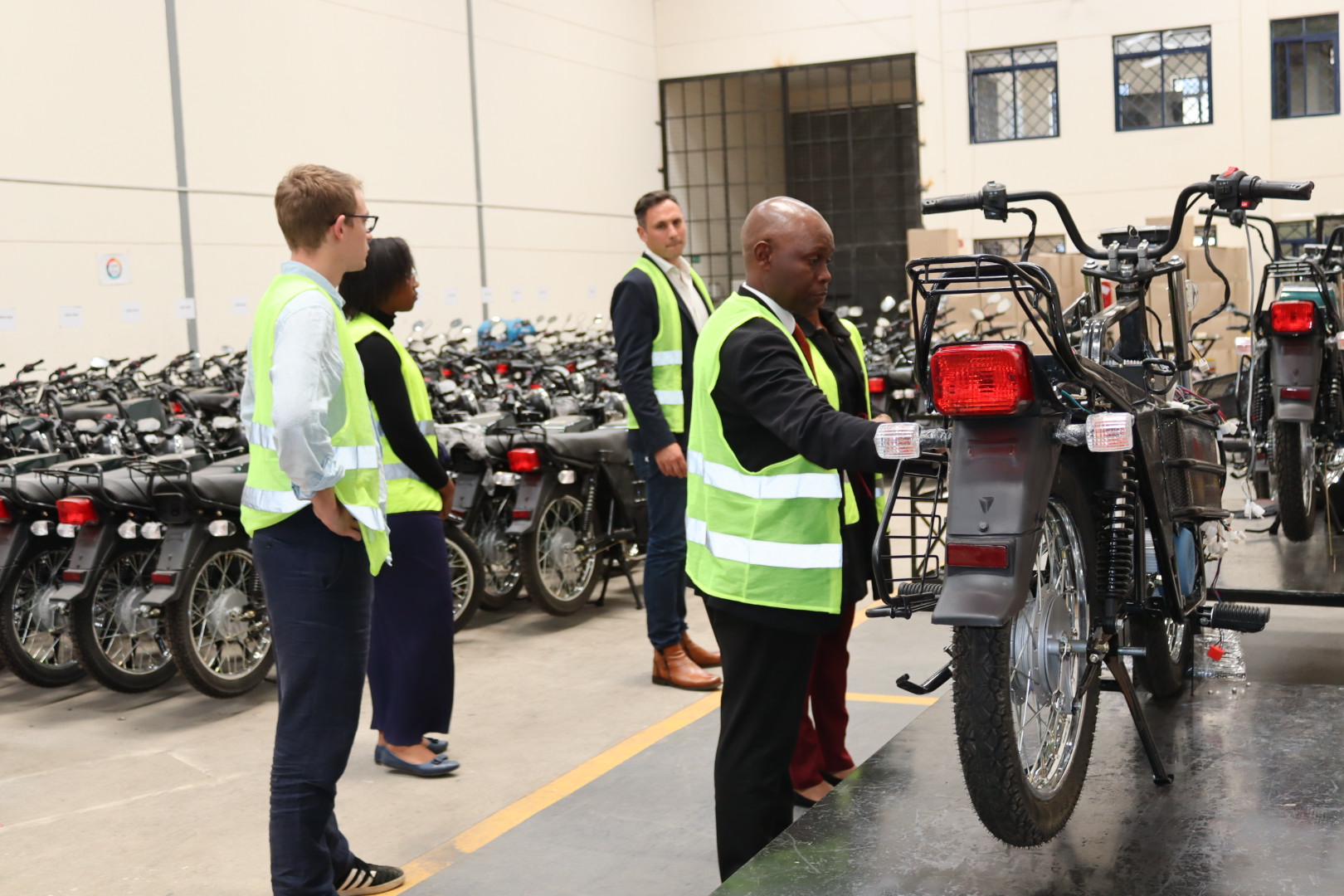Electric vehicles (EVs) are more environmentally friendly and efficient, but will changes in taxation make them affordable to many Kenyans? The Kenya National Chamber of Commerce and Industry (KNCCI) believes so.
According to Nairobi County KNCCI Chairman Julius Opio, strategic amendments to taxation laws have the potential to unlock opportunities in the EV sector.
“KNCCI believes the EV market has enormous potential. We have submitted proposals to the government to exempt lithium-ion batteries from customs and excise duty levies,” Opio said in an interview with AutoNews Magazine.
Taxes, according to Opio, account for roughly half of the cost of EV batteries, making the vehicle out of reach for many Kenyans. In the wake of rising fuel prices, many buyers around the world are choosing EVs over fossil-fuel-powered vehicles.
“Exempting these batteries from taxation will lower their price and pass the savings on to consumers. Electric Boda Bodas, tuk tuks, four-wheelers, and bicycles will be considerably less expensive,” he foresaw.
Opio believes that widespread EV adoption has the potential to turn Kenya into a regional EV hub. According to reports, there is a thriving EV market.
“This will generate jobs and help to organize the transportation economy. However, there are more advantages,” he clarified.

Julius Opio Photo Credit: KNCCI
Proponents of e-mobility in Kenya argue that it is hampered by a lack of supportive regulatory frameworks, high power costs, a lack of charging infrastructure, limited vehicle financing options, and fierce competition from used vehicle imports.
Policy changes, including amendments to the tax structure, according to Opio, can improve adoption.
Kenya intends to increase electric mobility adoption and has set a target of 5% of all newly registered vehicles being electric by 2025.
According to data from the Association for Electric Mobility and Development in Africa (AEMDA), 64% of e-mobility market players have invested in the local assembly.
The import value of fuel and lubricants to Kenya amounts to over KES 30 billion every month. EVs will save Kenya’s forex exchange and help build a local economy, Opio noted.
“Use of EVs will help Kenya save money spent on buying petroleum products. An electric vehicle has few movable parts. This means users cut on importation of spare parts, lubricants,” he said.
KNCC has launched an EV adoption advocacy initiative aimed at creating awareness in the automotive sector. The initiative consists of a comprehensive strategy to position Kenya as a hub for EV assembly.
He adds: “The global increase in the uptake of EVs presents opportunities for Kenya. We are looking at helping investors set up production centres in Kenya.”
Establishing EV assembly plants is less expensive than establishing production firms for internal combustion vehicles (ICEs).
Opio said: “It has taken some countries more than a century to develop vehicle manufacturing plants.” The transition to electric vehicles will put their investments to the test. Kenya, on the other hand, can capitalize on the situation by investing in EV assembly plants and becoming a vehicle producer and exporter.”
The momentum toward electric mobility is expected to accelerate, particularly after the European Union (EU) proposed phasing out diesel and gasoline car sales in a major market shift by 2035. This decision encourages African countries to establish EV assembly plants.
Opio cautioned, however, that the slow adoption of EVs may snuff out Kenya’s opportunities. Regionally, Rwanda and Uganda have made significant progress in promoting EV adoption.
Rwanda recently implemented a slew of policy changes, including lower EV electricity tariffs, zero VAT on EV consumables, exemption from import and excise duties, and rent-free land for charging stations.
